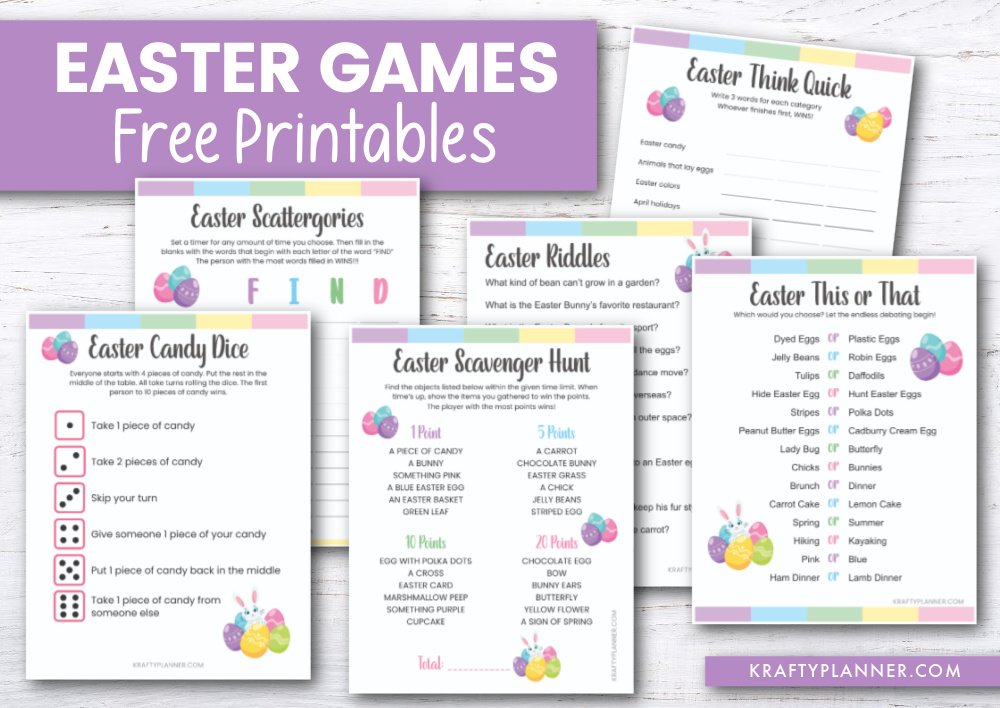VA Construction Loans: Are They the Right Choice for You?
Building your dream home is an exciting journey, but it comes with significant financial commitments. If you are a veteran, active-duty service member, or an eligible surviving spouse, a VA construction loan might be a valuable option to consider.
This loan provides a pathway to building a home from the ground up with favorable terms compared to conventional loans.
However, before deciding if a VA construction loan is right for you, it is essential to understand its benefits, requirements, and potential drawbacks.
What is a VA Construction Loan?
A VA construction loan is a specialized mortgage designed to help eligible veterans and service members finance the construction of a new home.
This loan, backed by the U.S. Department of Veterans Affairs (VA), eliminates many traditional financing barriers, such as large down payments and high-interest rates.
Unlike conventional construction loans, which may require two separate loans one for construction and another for the permanent mortgage a VA construction loan can sometimes be a one-time close loan, simplifying the process.
Benefits of a VA Construction Loan
1. No Down Payment Requirement
One of the most significant advantages of a VA construction loan is the ability to build a home without making a down payment. Traditional construction loans often require 20% or more as a down payment, which can be a major financial hurdle.
2. Competitive Interest Rates
Because VA loans are backed by the government, VA construction loan lenders offer lower interest rates compared to conventional loans. Lower interest rates mean lower monthly payments and overall cost savings over time.
3. No Private Mortgage Insurance (PMI)
With a conventional mortgage, borrowers who put down less than 20% typically need to pay for private mortgage insurance (PMI). VA loans eliminate this requirement, reducing your overall monthly costs.
4. Flexible Credit Requirements
VA loans generally have more lenient credit score requirements compared to conventional construction loans. While individual lenders may have minimum credit score requirements, the VA’s backing allows more flexibility in approving borrowers with less-than-perfect credit.
5. Limits on Closing Costs
The VA places restrictions on the amount of closing costs that veterans can be charged. Additionally, sellers and builders may cover some of the costs, reducing out-of-pocket expenses.
Eligibility Requirements for a VA Construction Loan
To qualify for a VA construction loan, you must meet specific eligibility criteria:
Service Requirements: You must be an active-duty service member, veteran, or an eligible surviving spouse with a valid Certificate of Eligibility (COE).
Credit and Income Standards: While VA loans have more flexible credit requirements, lenders typically require a minimum credit score (often around 620) and proof of steady income.
Licensed Builder Requirement: The VA mandates that the home be built by a licensed and VA-approved builder. Self-construction is not allowed.
Primary Residence Requirement: The property must be your primary residence, meaning investment or vacation properties are not eligible.
VA Appraisal and Inspection: The VA requires the home to meet specific construction and safety standards through an appraisal and inspection process.
Potential Drawbacks of a VA Construction Loan
1. Finding a VA-Approved Builder
Not all builders are VA-approved, and finding one who meets the VA’s criteria can be challenging. This can limit your choices when selecting a contractor for your new home.
2. Lengthy Approval Process
VA construction loans often involve a more complex approval process than traditional loans. The builder must be approved, and the VA must conduct an appraisal and review before loan approval.
3. Limited Lender Availability
Not all lenders offer VA construction loans. You may need to search extensively to find a lender who provides this type of financing.
4. Construction Delays and Budget Constraints
Building a home from scratch involves uncertainties such as construction delays, material cost fluctuations, and unexpected expenses. While VA loans offer financial advantages, managing these risks requires careful planning.
Steps to Obtain a VA Construction Loan
If you decide that a VA construction loan is right for you, here’s how to get started:
1. Obtain a Certificate of Eligibility (COE): This document proves your eligibility for the VA loan program.
2. Find a VA-Approved Lender: Look for lenders who specialize in VA construction loans.
3. Choose a VA-Approved Builder: Ensure your chosen contractor meets the VA’s requirements.
4. Submit Your Loan Application: Work with your lender to complete the loan application process.
5. Go Through the VA Appraisal and Approval Process: The VA will assess the builder’s qualifications and approve the loan based on their guidelines.
6. Begin Construction: Once the loan is approved, construction can begin, with funds disbursed in phases as the project progresses.
7. Convert to a Permanent Loan: If you have a two-close construction loan, you will need to transition into a VA mortgage after construction is complete.
Is a VA Construction Loan Right for You?
A VA construction loan can be an excellent option if you want to build a home with no down payment, lower interest rates, and reduced closing costs. However, it may not be the best fit if you have trouble finding a VA Approved builder or lender or if you need a quicker and more straightforward loan process.
Weigh the pros and cons carefully and consult with VA loan specialists to determine if this financing option aligns with your homeownership goals.
By understanding the details of VA construction loans, you can make an informed decision about whether this loan is the right choice for building your dream home.
BEFORE YOU GO:
Here are a few more posts you might like:
See my Link Party Directory for a current list of blog parties I attend each week.
FOR PERSONAL USE ONLY – Please Read Freebies Terms of Use.
(This post may contain affiliate links. For more information, see my disclosures here.)
~ SHARE THIS POST ~
Did you like this post? Do you know someone else who might enjoy it? Please take a minute to share it on Pinterest, Facebook, or your favorite social media… Thank you!





















